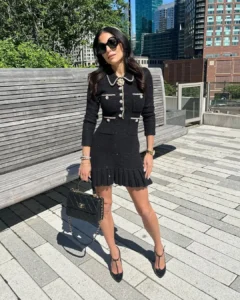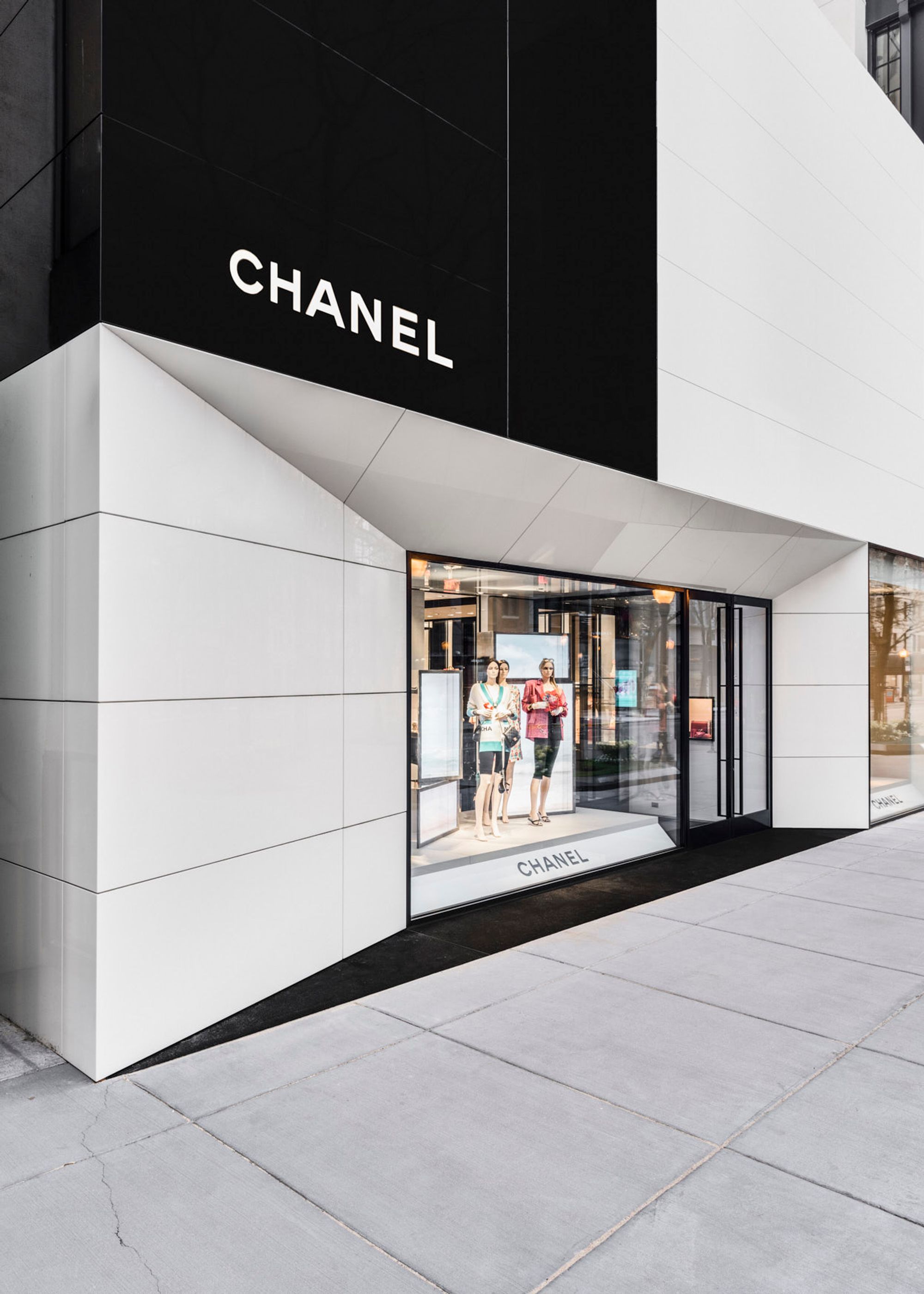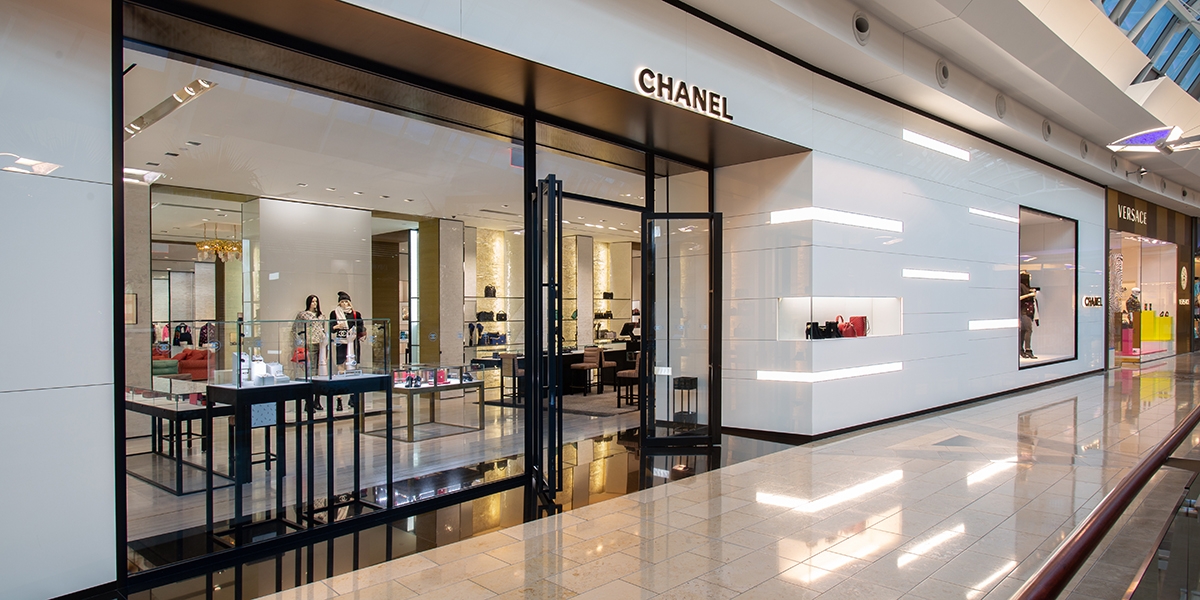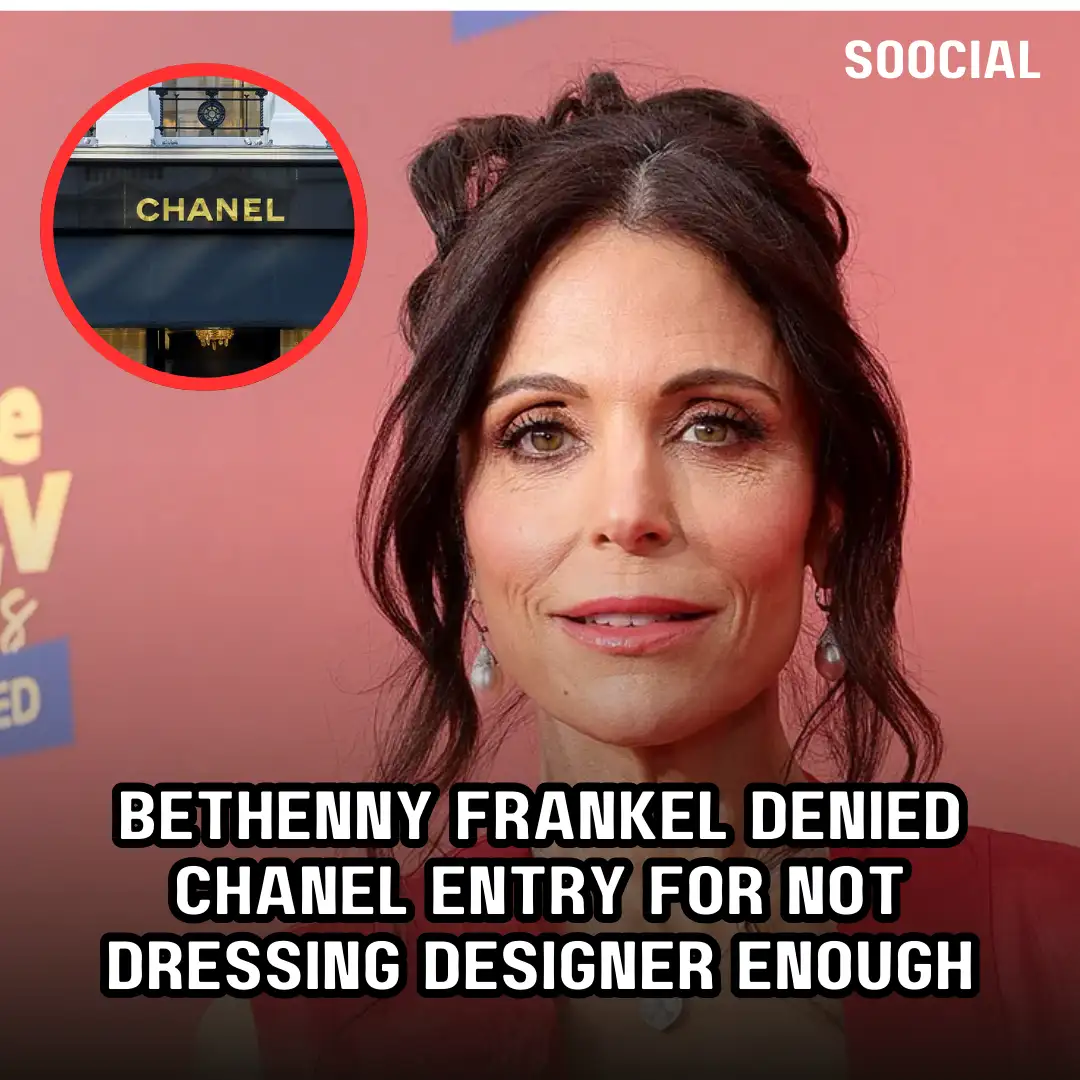Bethenny Frankel, former star of “The Real Housewives of New York City,” recently sparked a heated discussion about luxury brand customer service after being denied entry to a Chanel boutique in Chicago.
Her experience highlights broader issues of exclusivity and accessibility in high-end retail, drawing significant public attention and media coverage.
Background on Bethenny Frankel
Bethenny Frankel is a well-known television personality, entrepreneur, and social media influencer.
She gained fame through her appearance on “The Real Housewives of New York City” and has since built a successful business empire with her Skinnygirl brand.
With millions of followers on social media, Frankel’s opinions and experiences often garner widespread attention.
Frankel is known for her candid and outspoken nature, frequently sharing her thoughts on various topics with her audience.
Her recent encounter at the Chanel boutique is no exception, as she took to TikTok to voice her frustration and disappointment.
Her influence and reach on social media make her experiences particularly impactful, often sparking conversations and debates among her followers and the broader public.
Incident Description

On May 21st, Bethenny Frankel attempted to visit the Chanel boutique in Chicago.
According to her, she was denied entry because she did not have an appointment.
In a TikTok video, Frankel recounted the incident, saying a staff member told her, “I’m like, ‘No, I don’t have an appointment. I have a credit card. I have a bag of Garrett’s popcorn, a basic bitch purse. Am I not allowed to come in at 3:54 on a Tuesday?’ Evidently not.”
The incident left Frankel feeling like an “interloper,” and she expressed her astonishment that entry into the store required an appointment.
She shared, “I didn’t realize we weren’t allowed to walk into stores anymore. Gotta get a pap smear appointment and also to walk into Chanel. No big deal.”
Frankel’s video quickly went viral, garnering millions of views and sparking a discussion about the policies and practices of luxury brands like Chanel.
First TikTok Video
In her first TikTok video, Frankel detailed her negative experience at the Chanel boutique.
She described how an employee opened the door just enough to ask if she had an appointment.
When she responded that she did not, she was denied entry.
The video quickly gained traction, with Frankel’s comments resonating with many viewers.
Frankel wore a casual outfit during her visit, including a “raggy T-shirt,” a cardigan tied around her waist, American Eagle cargo jeans, and a Chanel fanny pack.
She suggested that her casual attire was the reason she was not allowed into the store.
The video received 6.4 million views, with many people commenting on the perceived elitism and exclusivity of the Chanel boutique’s policy.
Frankel’s Critique of Chanel
Frankel did not hold back in her critique of Chanel, accusing the brand of elitism and exclusionary practices.
She felt that she was treated unfairly due to her casual attire and not fitting the stereotypical image of a Chanel customer.
In her Instagram post, she wrote, “I was straight off a plane in a sweaty T-shirt and not dolled up or looking wealthy.”
She emphasized that luxury brands should be inclusive and treat all customers with respect, regardless of their appearance.
Frankel stated, “I would never want anyone to feel lesser than, particularly from a luxury brand making billions off of people buying into the hype. Chanel is a beautiful brand with timeless classic pieces. Being kind to customers of all socioeconomic backgrounds is also timeless and classic.”
Her comments resonated with many people who feel intimidated or unwelcome in high-end stores, sparking a broader conversation about customer service in luxury retail.
The Role of Appearance
Frankel firmly believes that her casual outfit played a significant role in how she was treated at the Chanel boutique.
In her TikTok video, she displayed each piece of her outfit, emphasizing that she was dressed casually and not in high-end designer clothes.
She noted that her casual look included a T-shirt, cargo jeans, and a Chanel fanny pack.
To further prove her point, Frankel returned to the Chanel store the next day, dressed in a full Chanel outfit.
She wore a tweed skirt suit, sunglasses, and heels.
This time, she was allowed into the store without any objections from the security guards at the door.
This stark contrast in treatment based on her appearance highlights the issue of superficial judgments in luxury retail, where customers may be treated differently based on how they look.
Follow-Up Visit

During her follow-up visit, Frankel dressed in a full Chanel outfit and was granted immediate access to the boutique.
She recorded the entire experience, showing herself getting out of her car, walking to the store, and interacting with the security guards.
Unlike her previous visit, the guards were friendly and allowed her in without hesitation.
Frankel’s video of this visit also went viral, amassing 6.7 million views.
In the video, she commented, “If they let me in because of how I look, Christmas is canceled.”
Her experience underscored the discrepancy in how customers are treated based on their appearance and attire.
She praised the three security guards present during her second visit, describing them as “lovely” and noting that they were not the ones who had turned her away the previous day.
This added another layer to the discussion about consistency in customer service.
Chanel’s Response

PEOPLE magazine reached out to Chanel for a response to Frankel’s claims.
A customer care representative confirmed that some Chanel boutique locations require appointments while others do not.
They explained that if a store is at capacity and advisors are already helping clients, others may have to wait.
The representative also addressed Frankel’s statement about Chicago’s crime rates influencing the boutique’s policies.
They mentioned that the location had tightened security for approximately a week in 2023, during which customers were asked to leave their information with a hostess who would then coordinate an appointment at a later time.
Additional representatives for Chanel did not respond to requests for comment or address Frankel’s videos directly.
The incident has brought to light the varying policies and practices of luxury boutiques.
Public Reaction
Frankel’s experience and her subsequent social media posts have garnered widespread public attention and media coverage.
Many people took to social media to share their own experiences with luxury brands and discuss the broader implications of such exclusive practices.
Comments on TikTok and other platforms suggested that the treatment Frankel received was a common issue in high-end retail.
Some viewers believed that her casual outfit was indeed the reason she was turned away, while others speculated that security concerns might have played a role.
This incident has sparked a broader conversation about the inclusivity of luxury brands and how they treat customers from different socioeconomic backgrounds.
It raises questions about the balance between exclusivity and accessibility in the luxury retail industry.
The Crime Rate Theory

Some social media users suggested that the high crime rates in Chicago might have influenced the Chanel boutique’s strict entry policy.
They argued that the store might be more cautious about who they let in to ensure the safety of their staff and merchandise.
However, Frankel disagreed with this theory.
In a second TikTok video, she suggested that her casual outfit was the primary reason she was turned away.
She noted that while many luxury stores in the area have security outside, it was a sales associate, not the security guards, who turned her away.
Frankel emphasized the importance of the initial interaction with a brand, comparing it to the bread basket at a restaurant: “The first interaction with a brand or a store, it’s like the bread basket at a restaurant. It needs to be warm. It needs to be herb butter. We need to have an experience. It is my first impression.”
The Importance of First Impressions

Frankel’s analogy of the first interaction with a brand being like the bread basket at a restaurant underscores the importance of making a positive first impression.
She believes that the initial experience sets the tone for the entire customer relationship.
She described her interaction with the Chanel employee as “rude” and a “turnoff,” which left her with a negative impression of the brand.
This highlights the critical role of customer service in shaping perceptions and building loyalty in luxury retail.
Frankel’s experience serves as a reminder to luxury brands that every customer interaction matters, regardless of the customer’s appearance or attire.
A warm and welcoming approach can significantly impact how the brand is perceived.
Broader Implications for Luxury Brands

The incident with Bethenny Frankel raises important questions about how luxury brands balance exclusivity with customer service.
While high-end brands often cultivate an image of exclusivity, this should not come at the expense of treating all customers with respect and kindness.
Luxury brands must navigate the fine line between maintaining their exclusive image and being inclusive and welcoming to a diverse customer base.
Policies such as requiring appointments can help manage store capacity but should be communicated clearly and applied consistently.
The broader implications of this incident extend to the reputation and customer loyalty of luxury brands.
Positive customer experiences can build long-term loyalty, while negative interactions can damage a brand’s reputation and alienate potential customers.
Conclusion
Bethenny Frankel’s experience at the Chanel boutique in Chicago highlights significant issues in luxury retail customer service.
Her candid recounting of the incident has sparked widespread discussion and raised important questions about how high-end brands treat their customers.
The stark difference in her treatment based on her appearance underscores the need for luxury brands to ensure that all customers are treated with respect and kindness, regardless of their attire.
This incident serves as a reminder of the importance of first impressions and consistent, inclusive customer service in the luxury retail industry.
As the conversation continues, it is clear that luxury brands must find a balance between exclusivity and accessibility to maintain their reputation and foster positive customer relationships.

